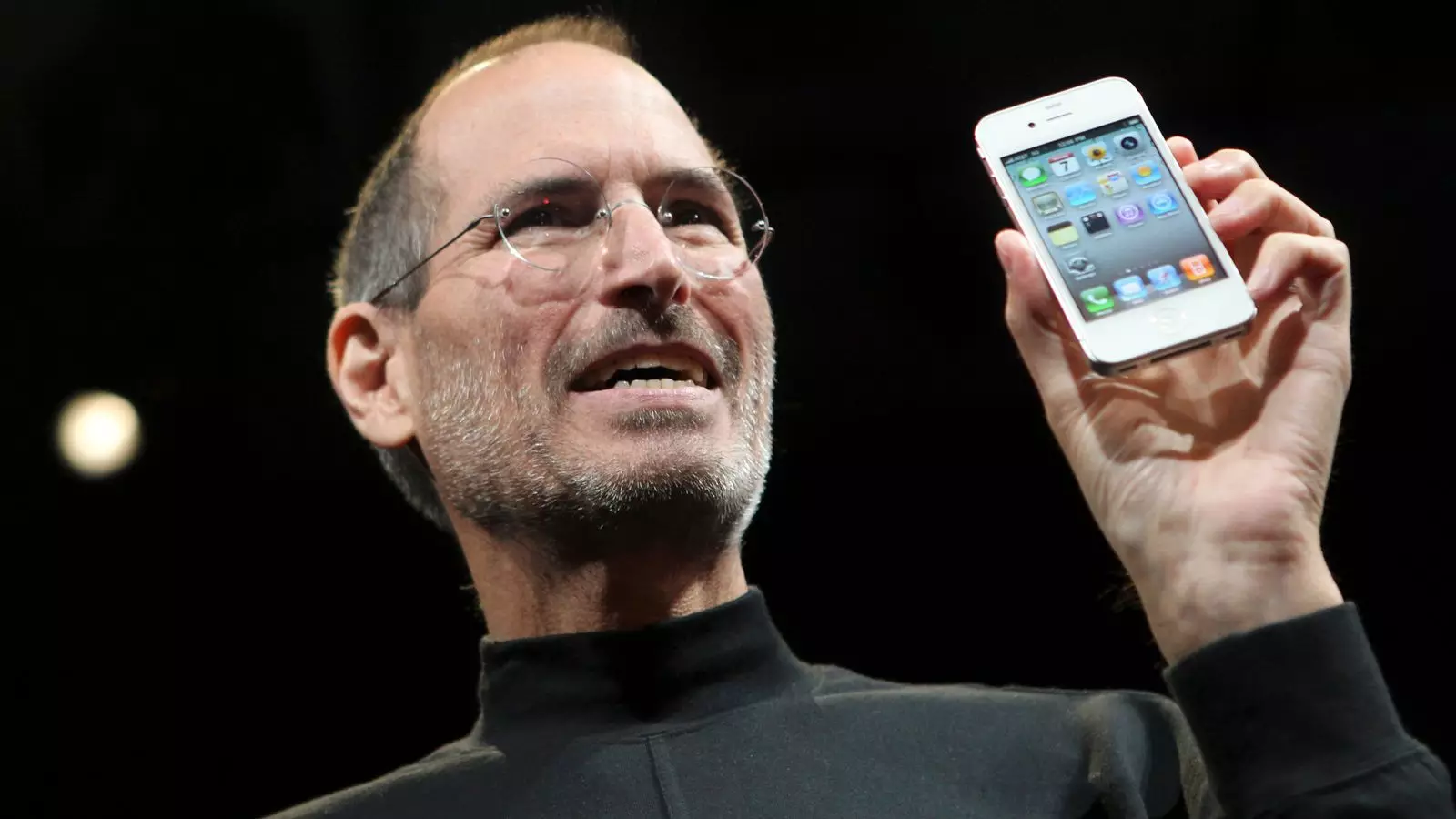As the political landscape evolves and economic challenges mount, the comparison of Rachel Reeves to Steve Jobs represents a monumental claim about the capacity of current leadership to transform the economy. Just as Jobs reinvigorated Apple during a near-crisis, there are high hopes that Reeves will breathe new life into a floundering economy. Yet, it is essential to critically evaluate whether such comparisons are valid or merely political rhetoric designed to inspire optimism amid uncertainty.
The analogy was drawn by Science and Technology Secretary Peter Kyle during a Sky News interview, highlighting the government’s recent commitment of £86 billion for science and technology. While the investment could potentially signal a commitment to forward-thinking solutions, the reality of economic management involves more than a flashy analogy. It involves sustainable growth, tangible outcomes, and the ability to balance budgets in a challenging climate.
Investments or Public Relations Stunts?
The allocation of £500 million to each region in England for science projects sounds impressive on the surface, yet one must question the genuine implications of this funding. Will these funds benefit the local communities as promised, or are they merely a means of appeasing public anxiety as the government prepares for a critical spending review? The focus on high-tech solutions and innovative sectors, such as vaccine research and advancements in space technology, must be paired with accountability measures to ensure that this money leads to concrete results, not just superficial projects designed to garner headlines.
Indeed, the language surrounding investment in the future sounds promising, but there’s a discernible gap between aspiration and execution in government policy. Comparing the potential outcomes from current efforts with transformative moments in technology requires a critical lens. Consumer technology and public sector investments operate under vastly different paradigms, where private sector efficiency does not simply translate into governmental effectiveness.
The Shadow of Previous Administrations
Kyle’s remarks also weave into a complex narrative about the previous Labour administration. The historic decision to scrap universal winter fuel payments, despite not being part of their manifesto, points to a government that is willing to pivot in response to financial pressures. Yet, this pivot has stirred considerable backlash, prompting the necessity for clear criteria on new eligibility standards. It raises a critical question: Can the current government genuinely redefine its economic identity when still carrying the baggage from past administrations?
Reeves’ commitment to rectifying these missteps is commendable but underlines the ongoing tension between political promises and public expectations. Sir Keir Starmer’s announcement of eligibility extensions merely scratches the surface of deeper concerns regarding financial security for vulnerable populations. If the government continues to balance fiscal constraints with social responsibility, simply extending eligibility may not be enough to quell discontent among constituents, who are increasingly aware of the stark inequalities within the system.
A Constrained Future? The Risks of Fiscal Rules
Kyle’s insistence that the chancellor stick to her self-imposed fiscal rules adds another layer of complexity to the narrative. By ruling out borrowing for day-to-day spending, the government risks entering a phase where necessary funds for public services might be diverted in directions that do not align with immediate community needs. The boast of spending the most per pupil in the school system hangs in the balance, susceptible to the cuts in other departments. It’s an unsustainable model when the promise of progress is tethered to budgetary constraints.
As rhetoric clouds the funding needs of education and social services, the lack of flexibility may cripple crucial sectors that contribute to long-term economic vitality. A truly innovative approach would require innovative funding solutions rather than maintaining strict adherence to fiscal frameworks that may not reflect the needs of a diverse and evolving population.
A Call for Genuine Transformation
In an era where economic innovation and fiscal responsibility are more critical than ever, the government’s path forward must be re-evaluated. The rhetoric surrounding economic transformation, inspired by successful figures like Steve Jobs, serves as a mantra, but it ultimately lacks substance without robust follow-through. The mantra of investment should shift toward actual accountability, innovation in funding, and a willingness to challenge inherited systems that have proven inadequate.
As we move closer to the impending spending review, the British public is poised to hold its leadership accountable, demanding not just lofty comparisons but tangible results that ensure a just and viable economic future for all. The road ahead is fraught with both opportunity and risk, and it is incumbent upon our leaders to navigate it with clarity, purpose, and a commitment to genuine reform.


Leave a Reply